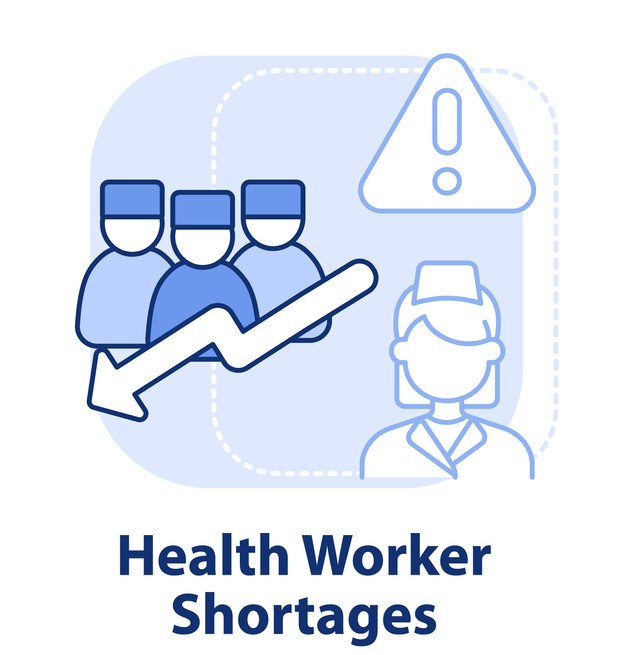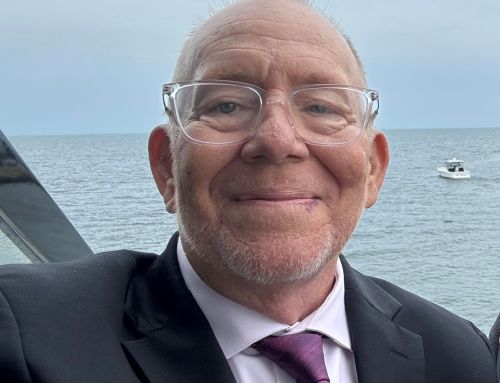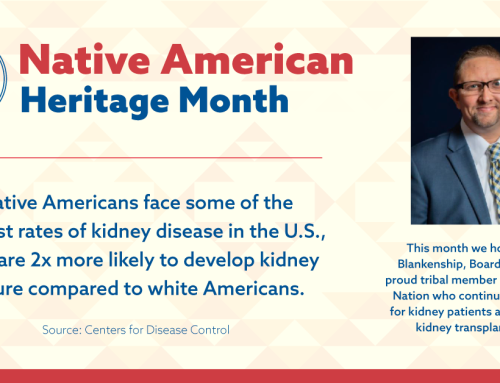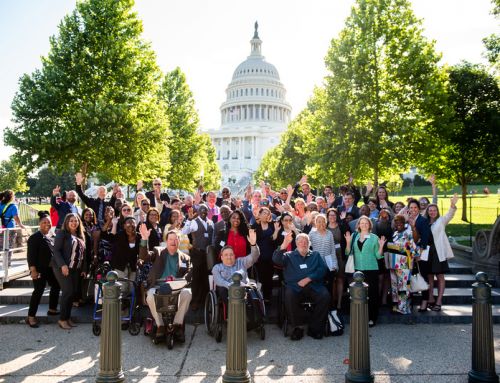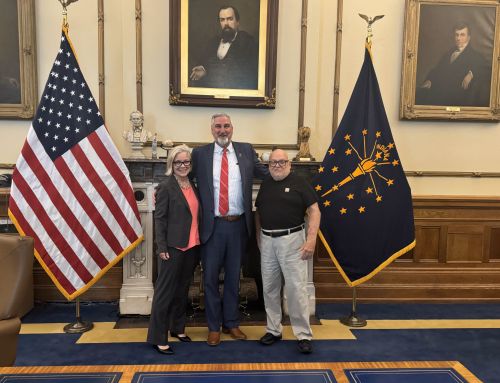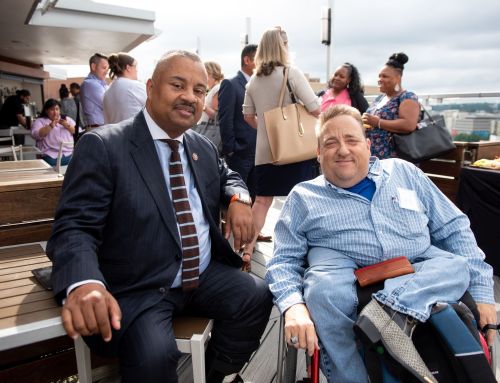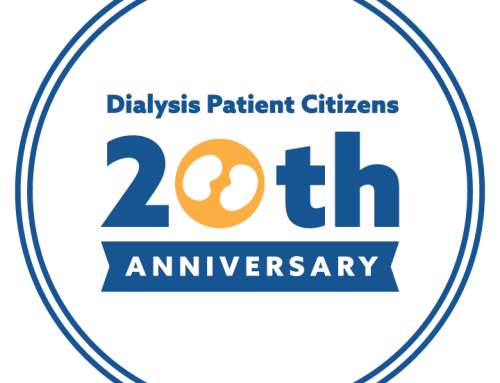DPC’s comment letter on Medicare’s 2022 ESRD Payment Rule highlighted the impact that labor shortages may have on dialysis patients. “Currently, there are nearly two job openings for every available unemployed worker. Vulnerable patients need a labor market in which there is a one-to-one ratio of health care workers for vacancies in essential jobs. Over the long term, the government may need to act to foster interest among young people in healthcare careers and facilitate their preparation for such roles. But in the immediate term, it is necessary to ensure that wages for jobs like dialysis technicians are competitive.” DPC is asking CMS to use its existing statutory authority to develop a new adjuster mechanism for the labor component of prices that ensures patient access and worker retention.
DPC also thanked the Medicare agency for considering establishment of a permanent add-on payment adjustment for innovative dialysis drugs and biological products in the ESRD bundle after their temporary two-year tryout period ends.
This year, Medicare believes six ESRD quality measures to be of questionable validity due to the pandemic. DPC is asking Medicare to eliminate QIP penalties next year as was done for 2022.
The Rule indicated a dramatic, nearly 40% reduction in the number of patients completing the ICAHPS survey, resulting in a smaller number of clinics with sufficient responses to issue scores. DPC noted that many of the dimensions of care considered most important to our members are captured only by ICAHPS. DPC urged CMS to experiment with other options for administering this survey, including online completion, once-yearly intervals, and paying patients financial consideration to complete the questionnaire.

